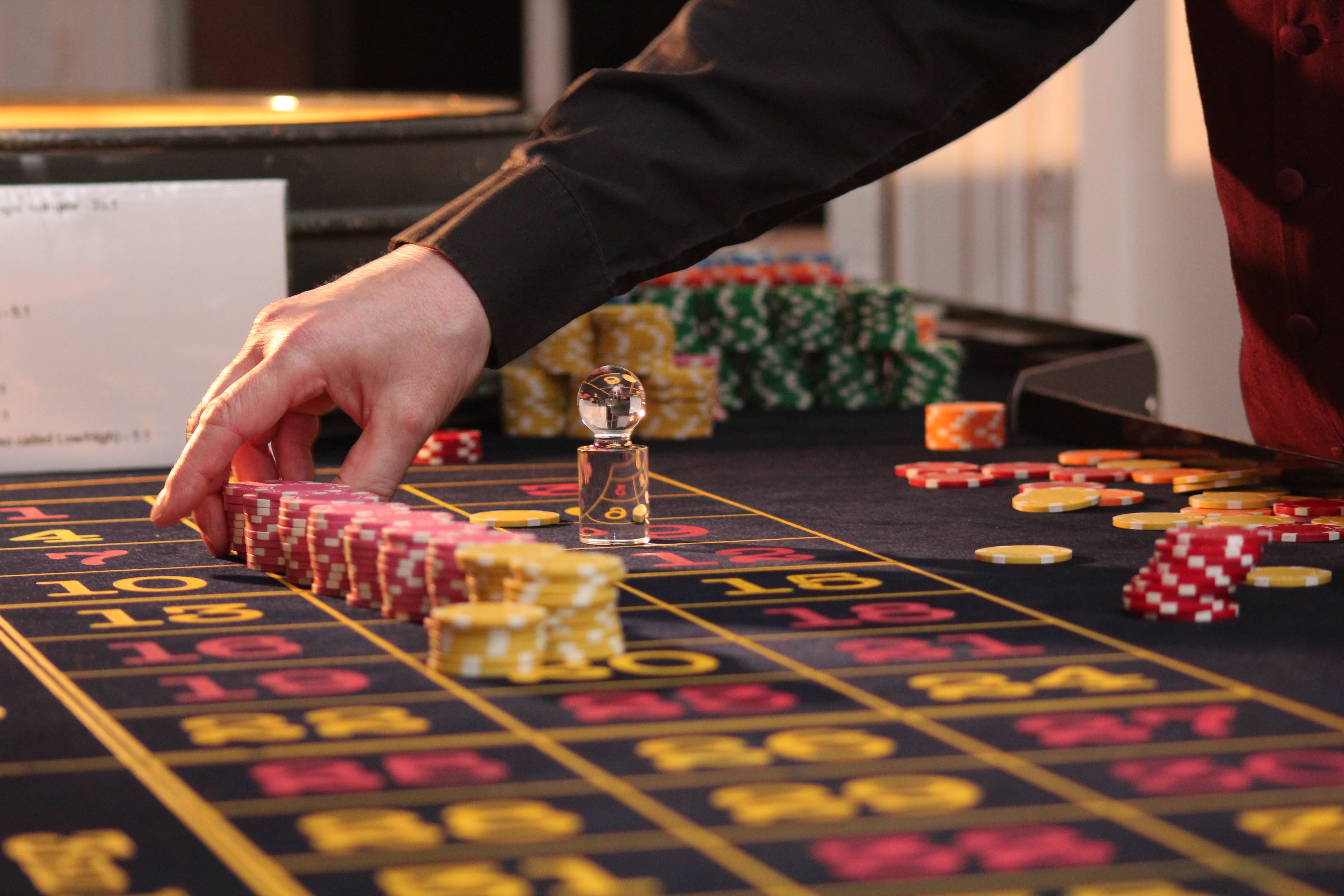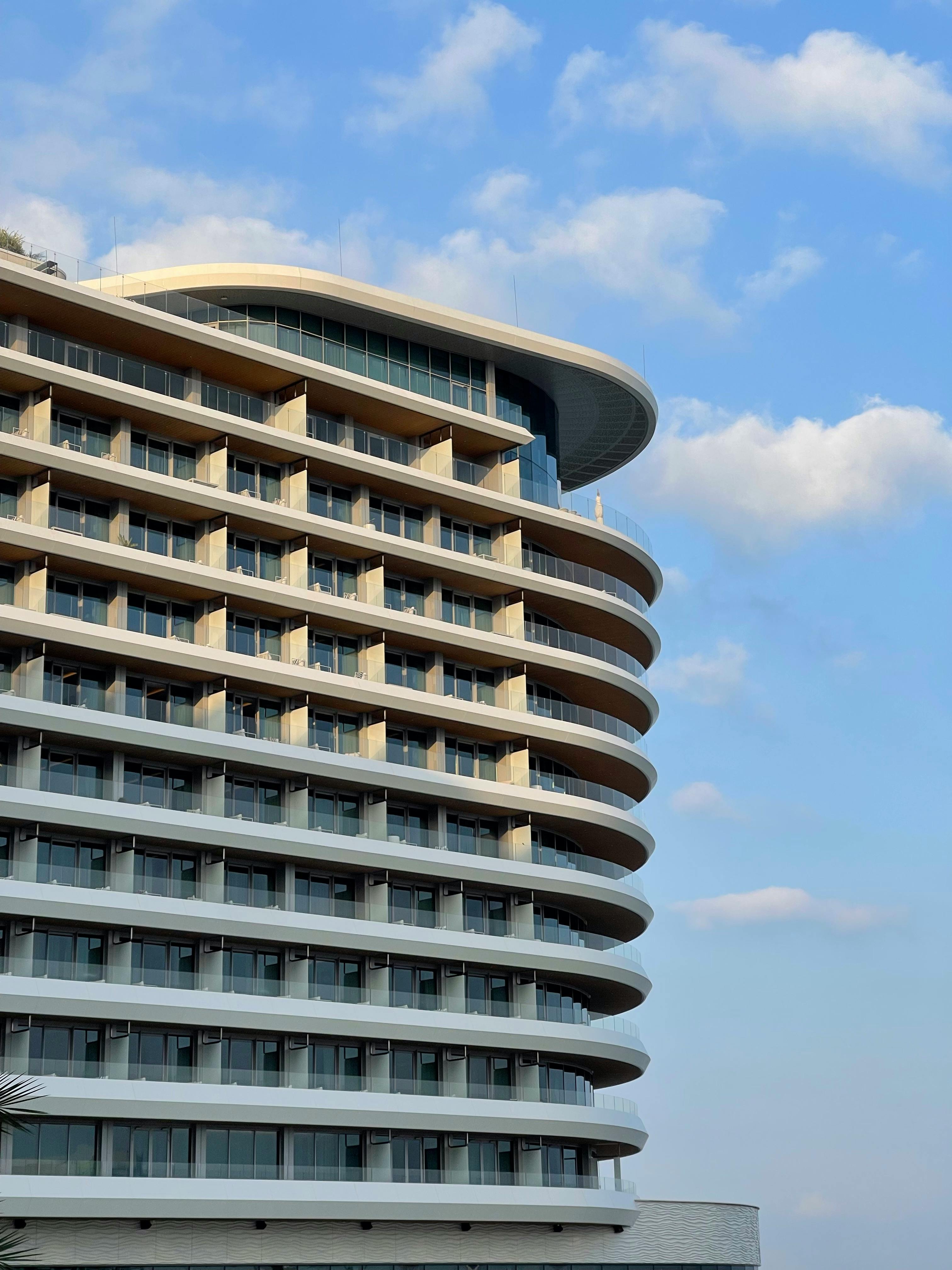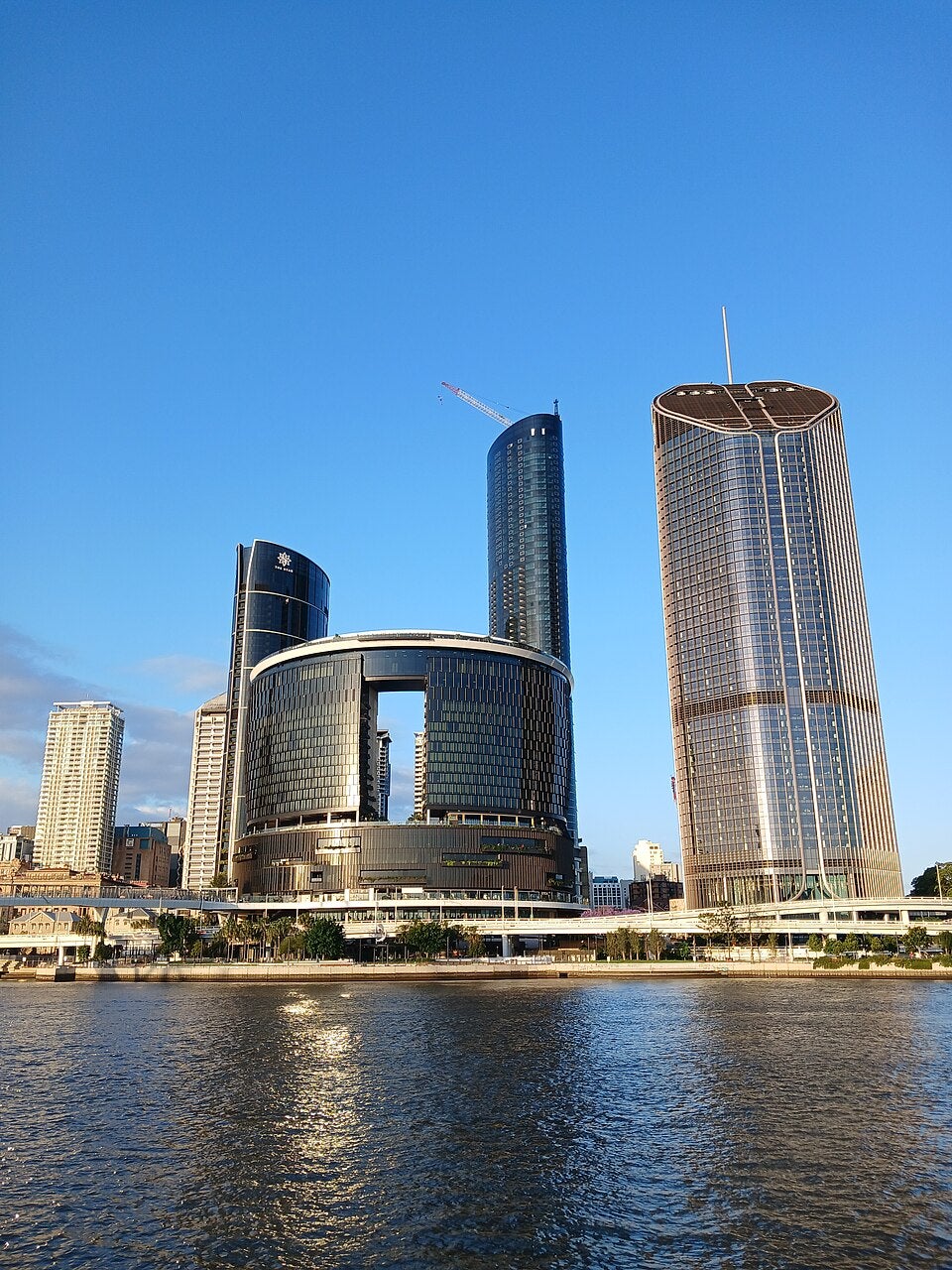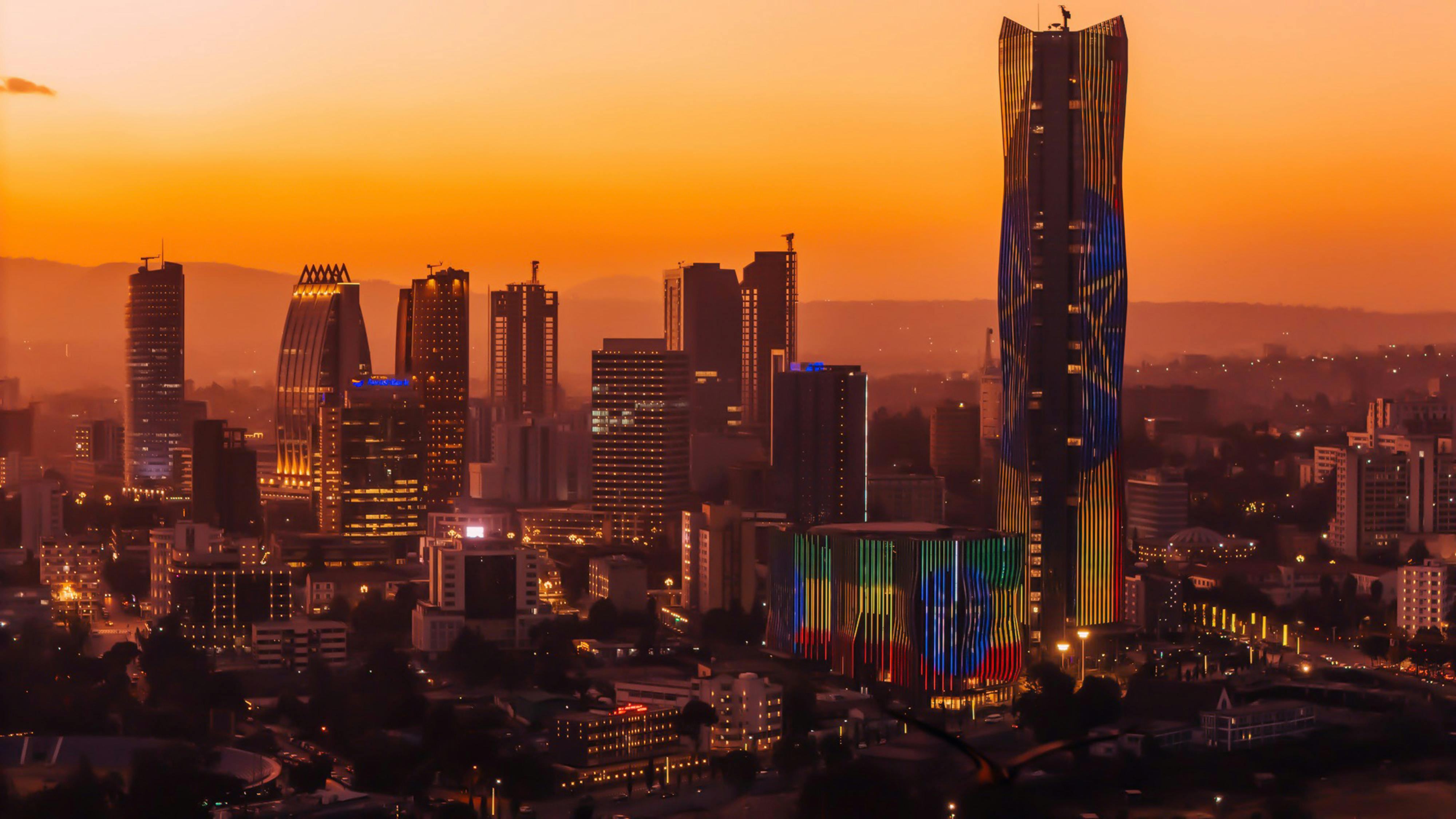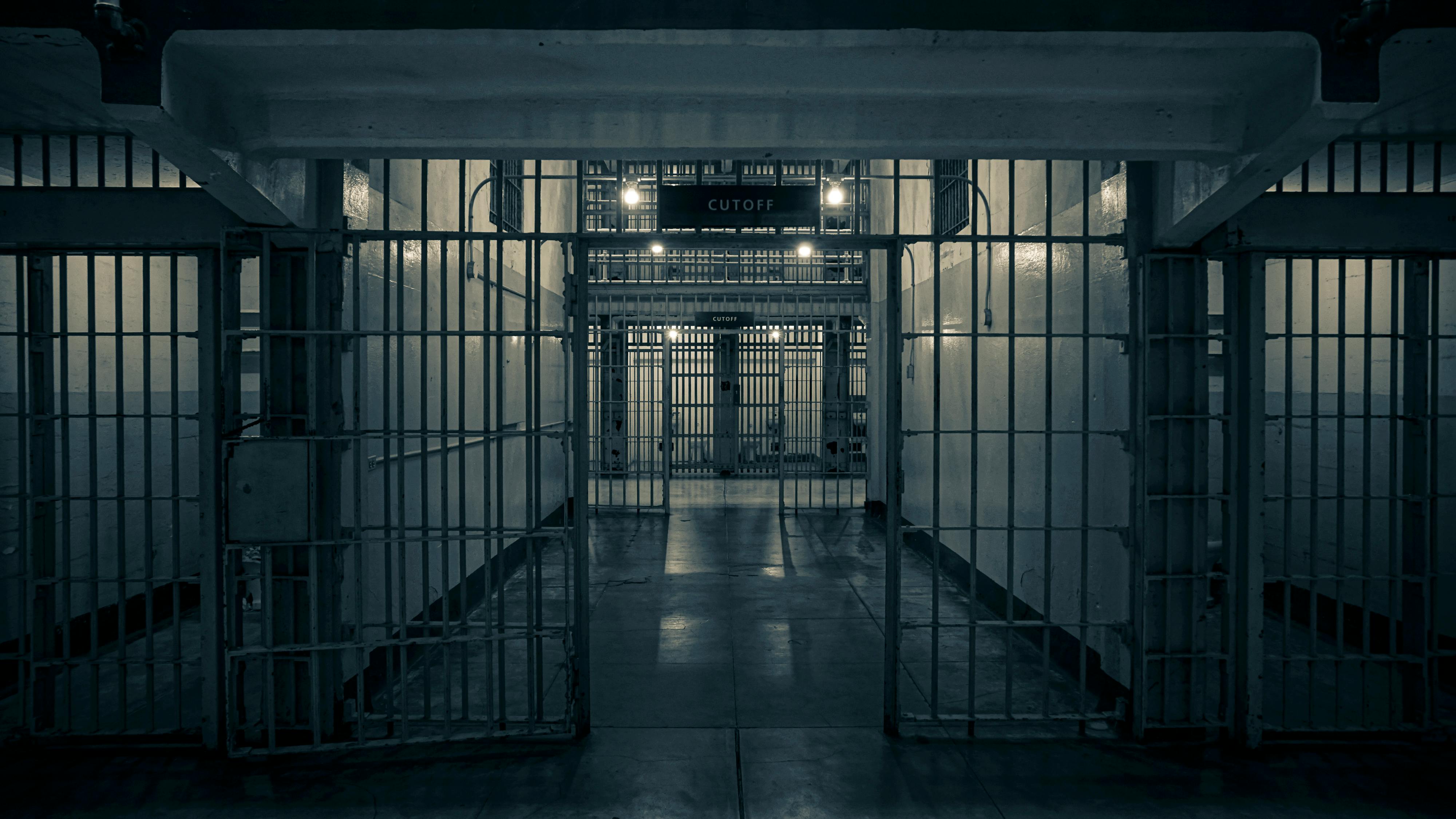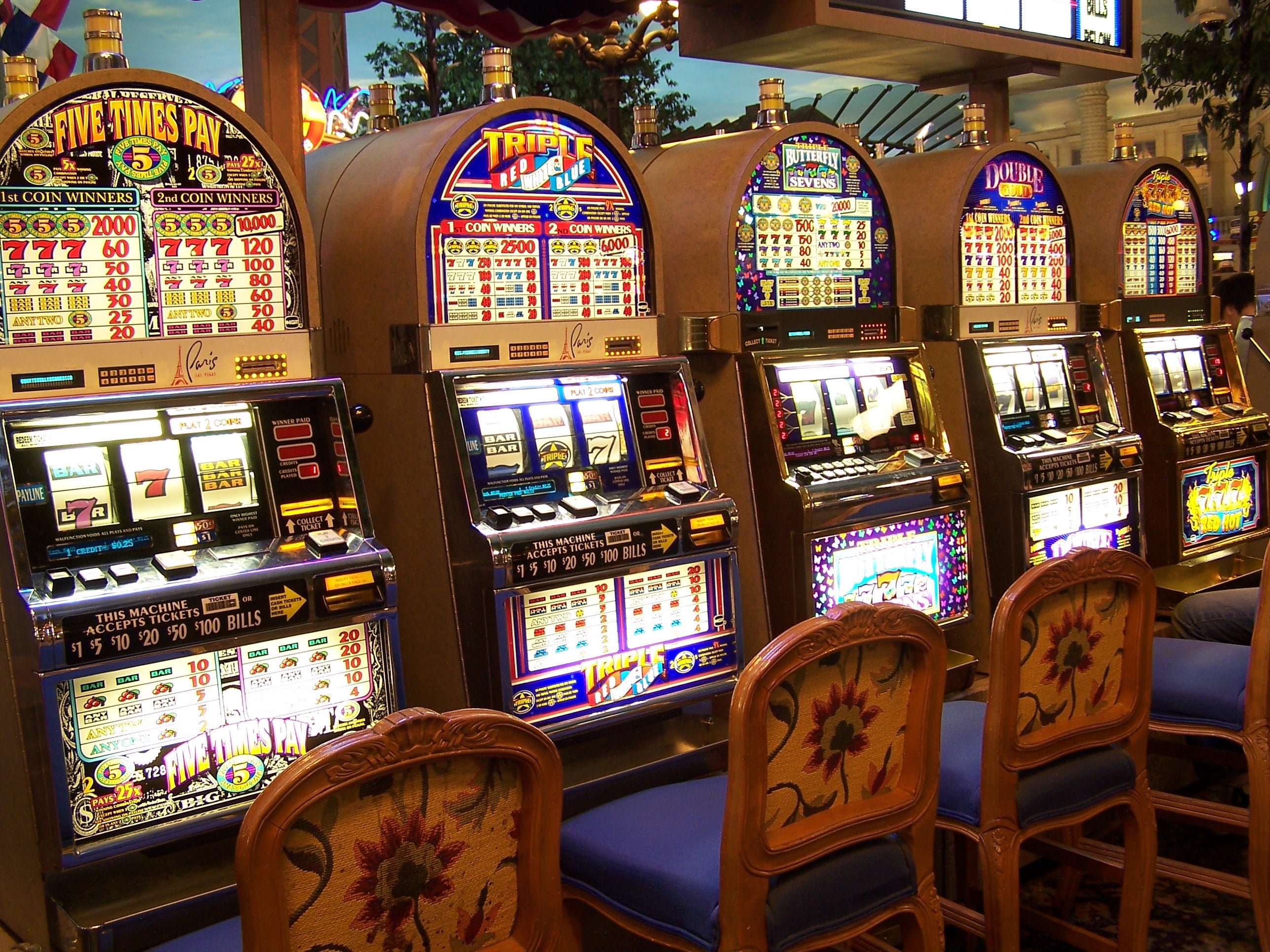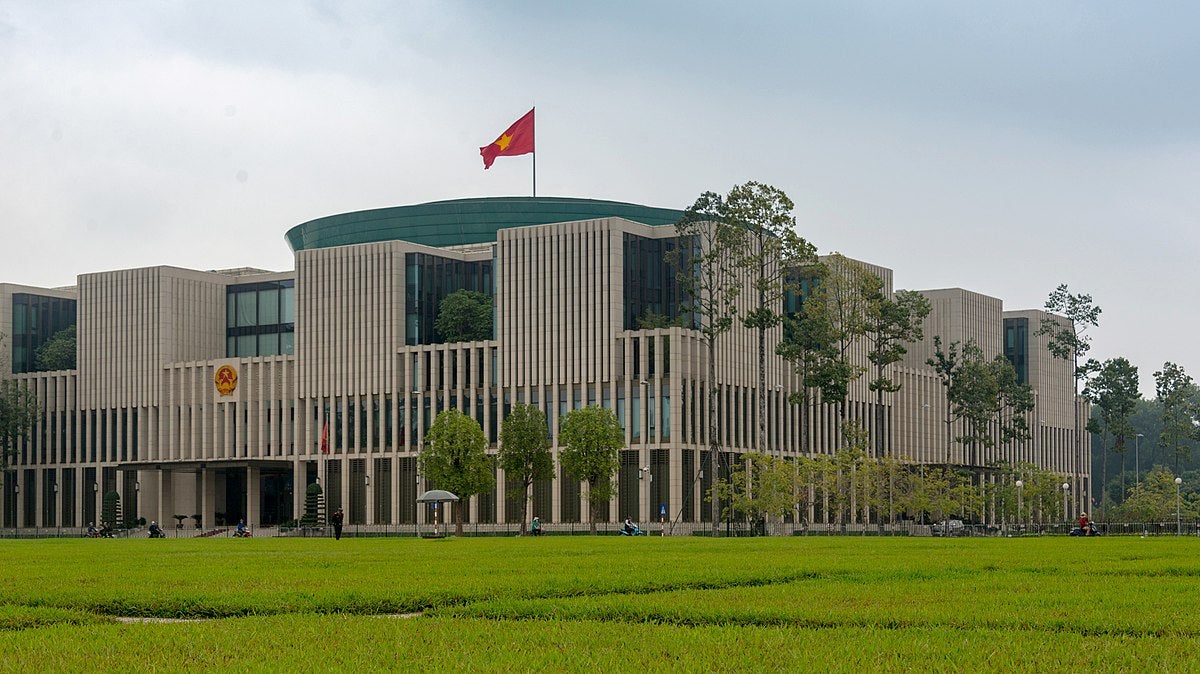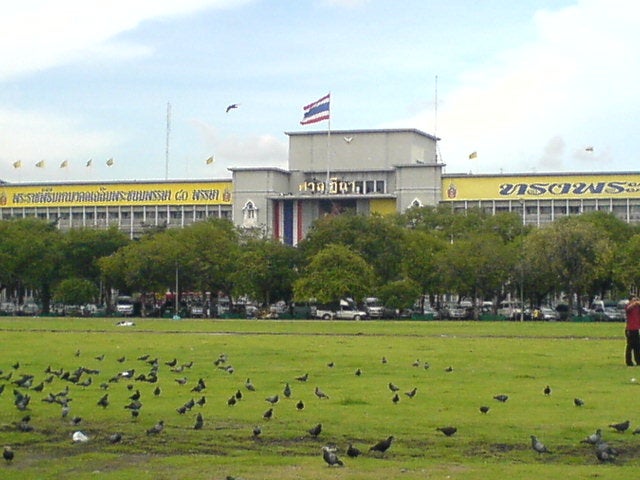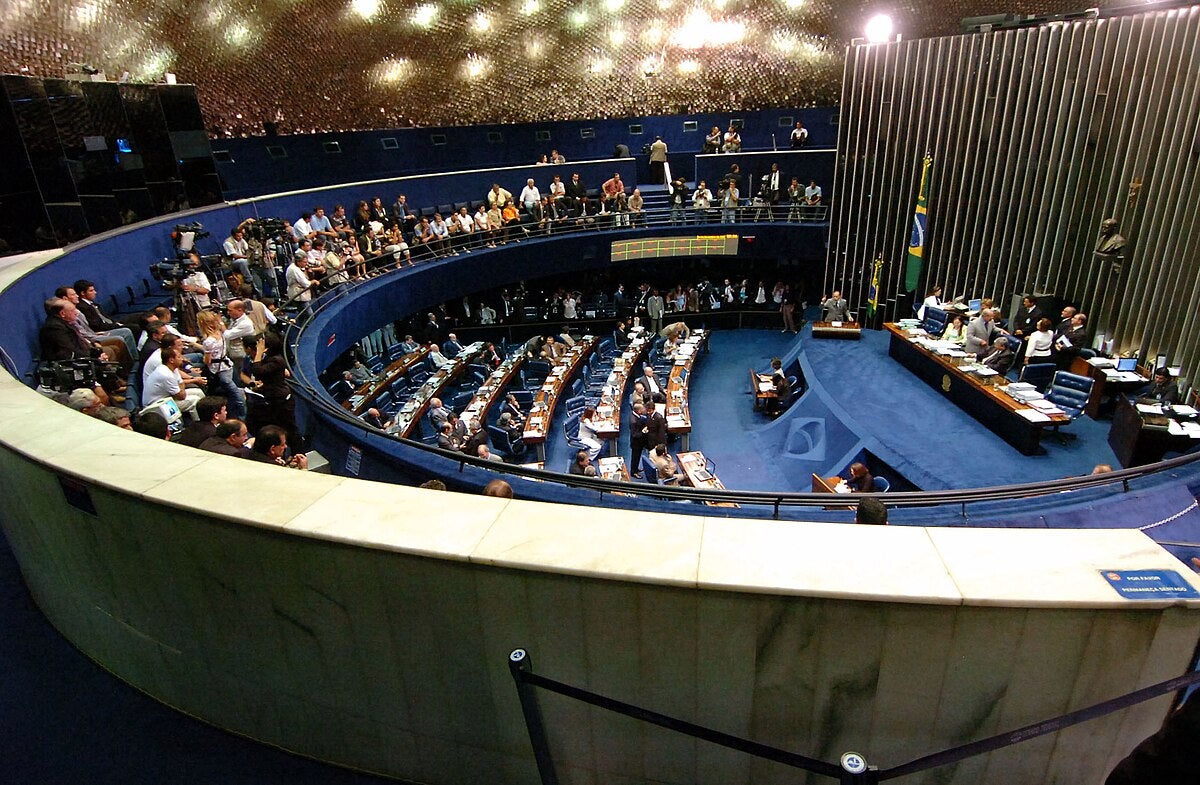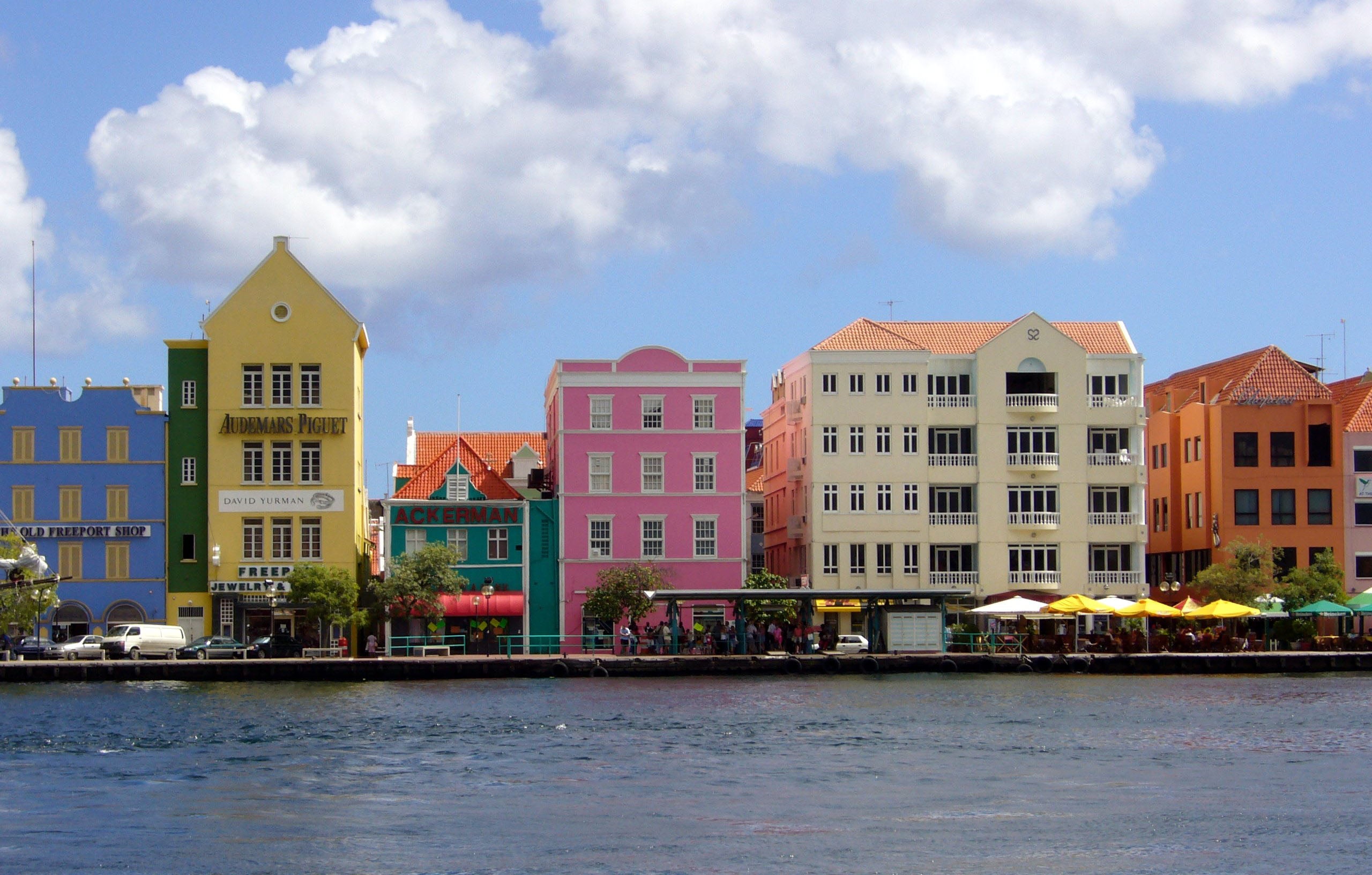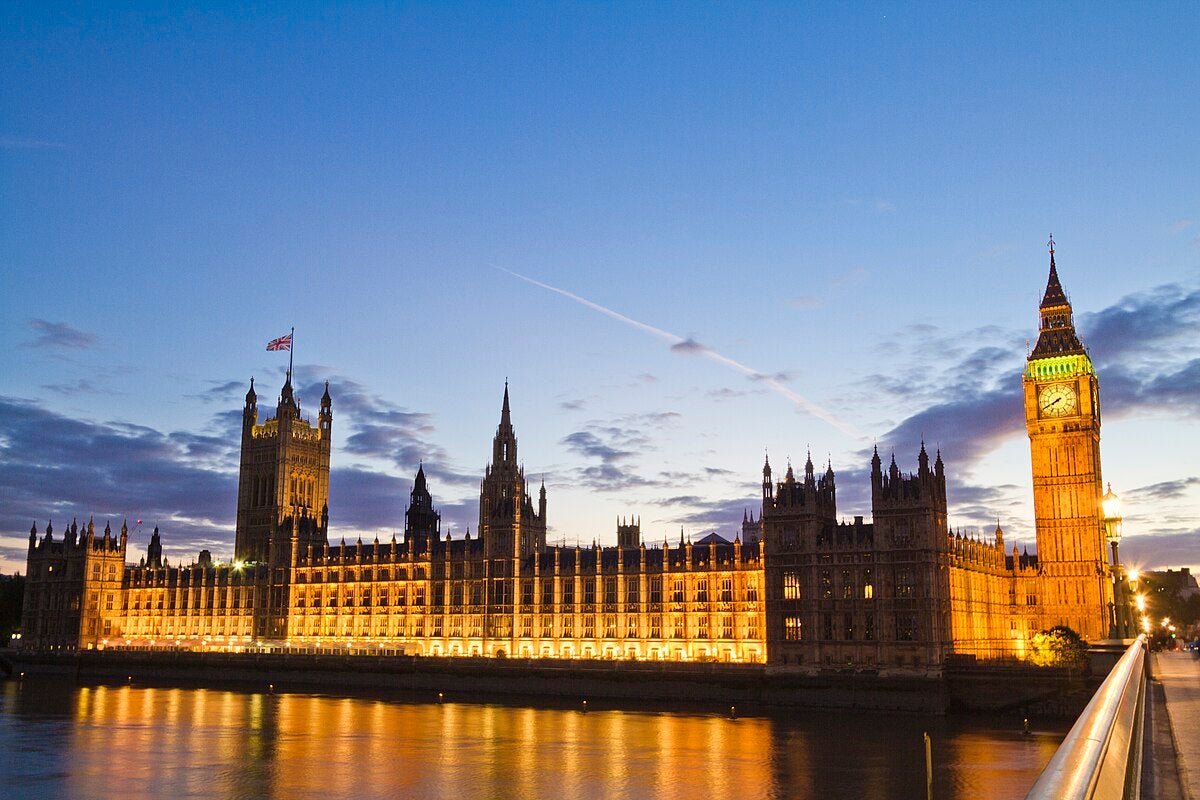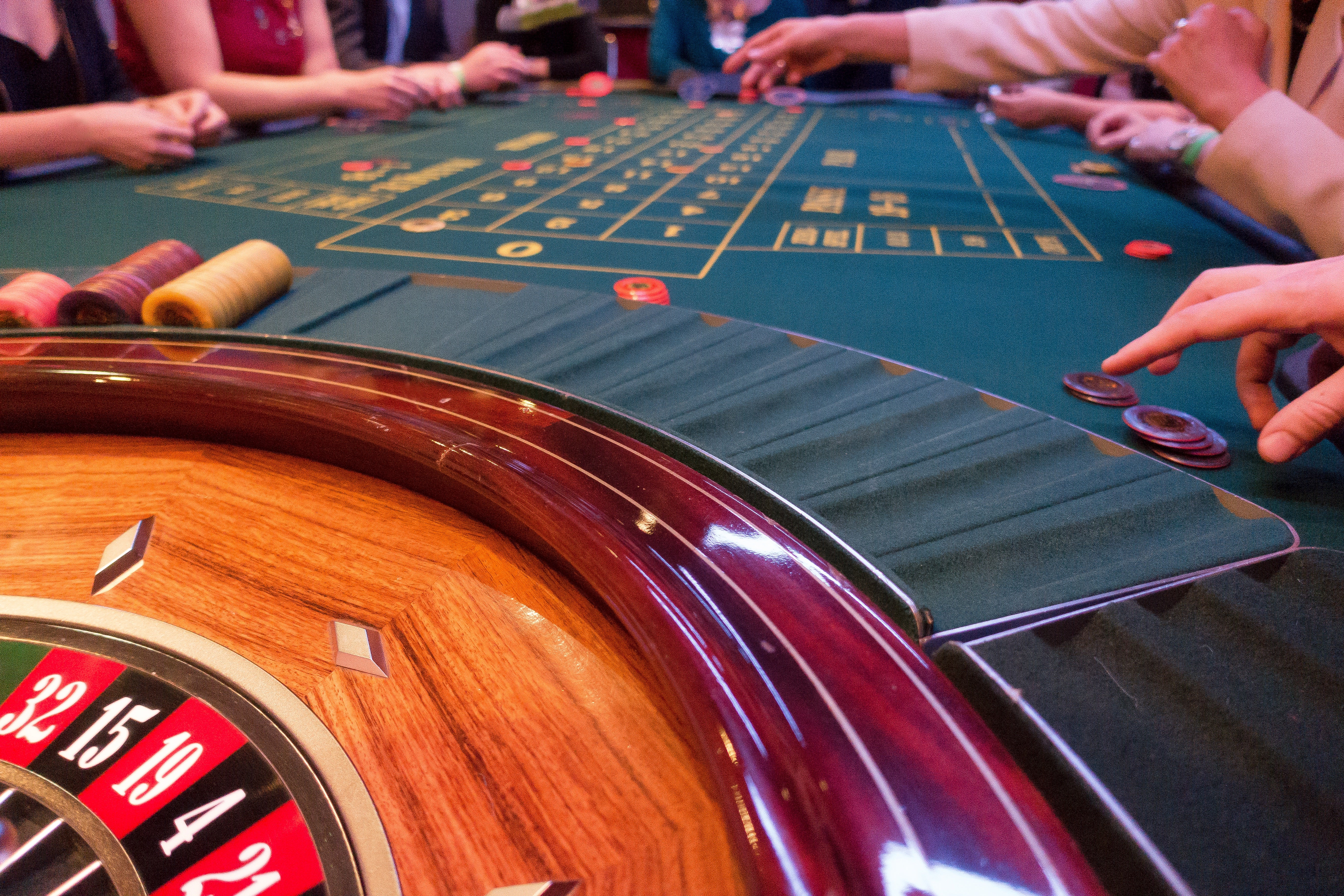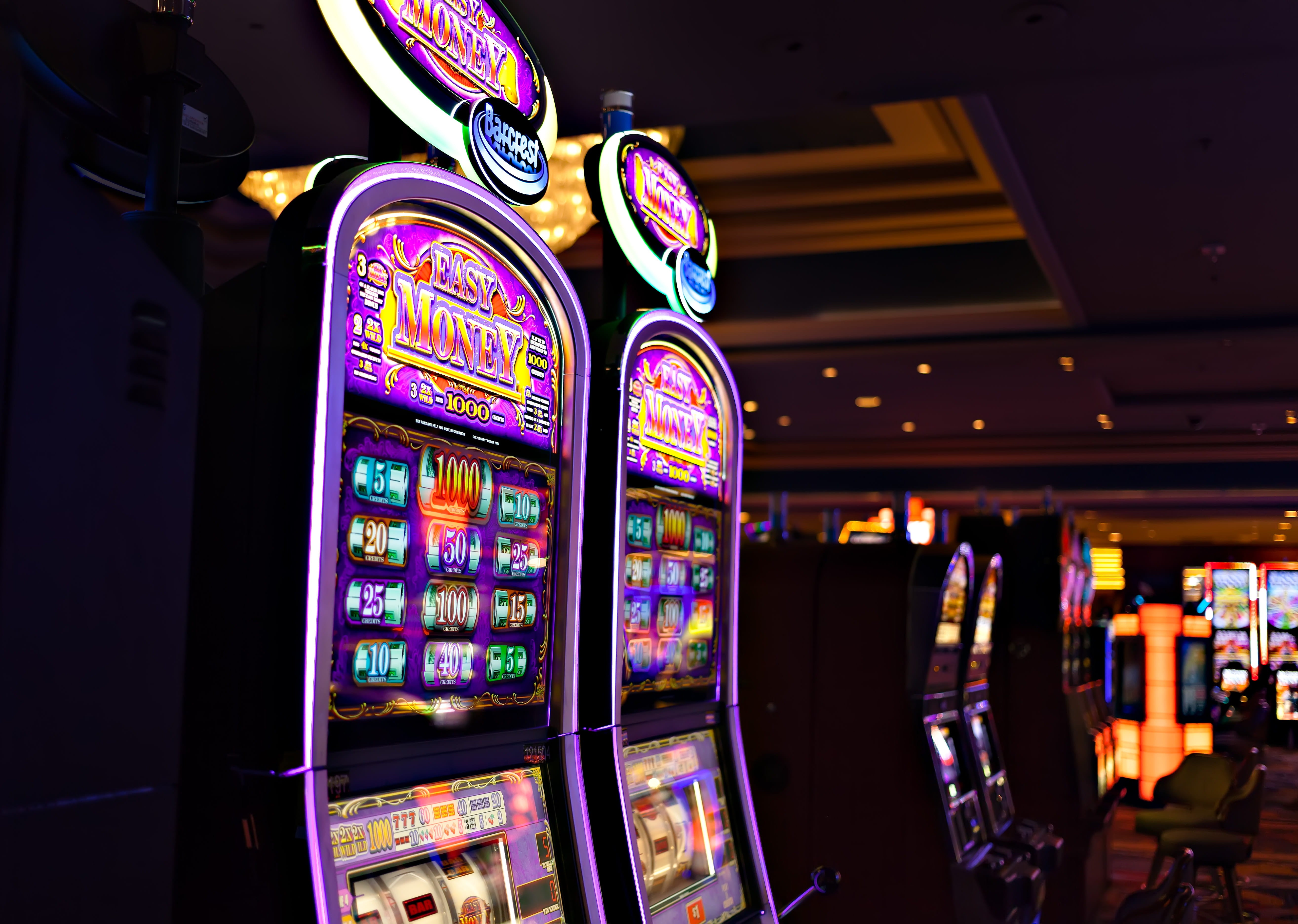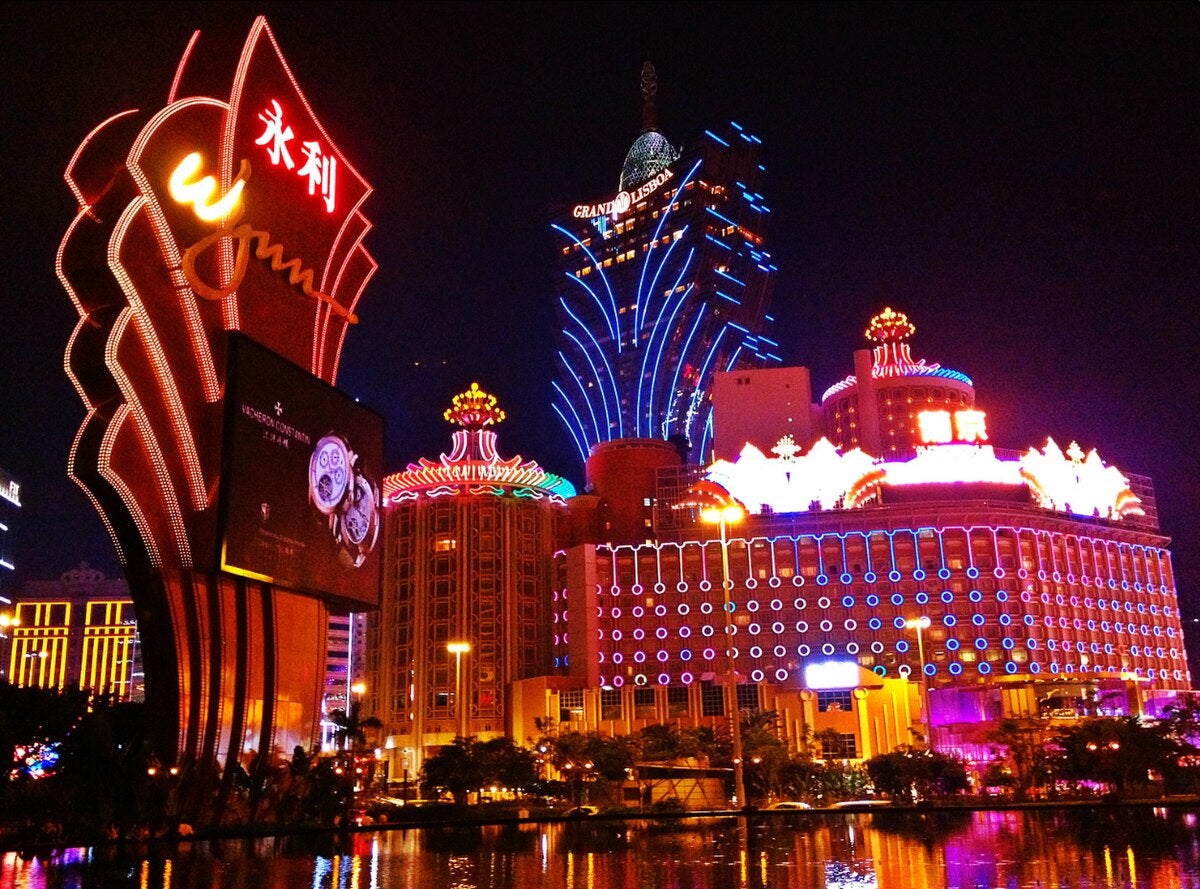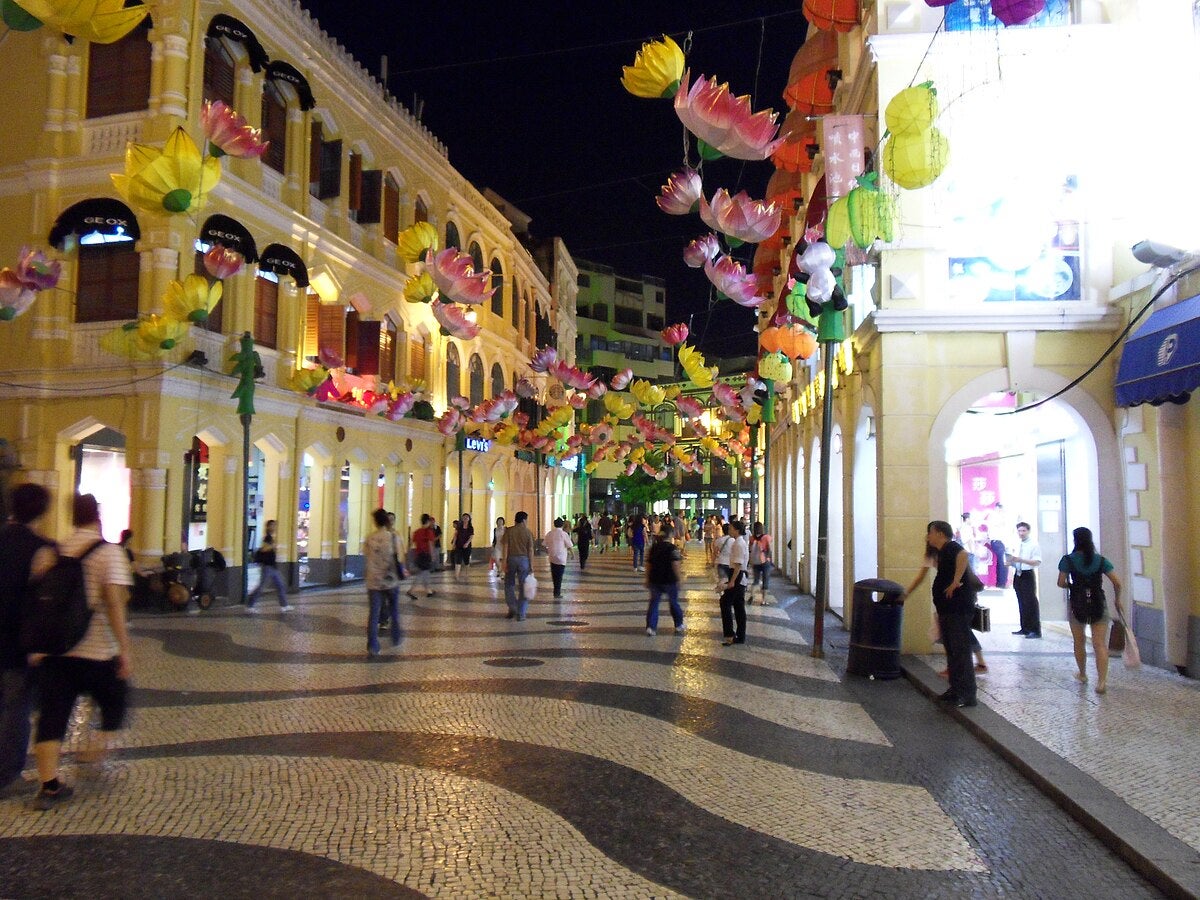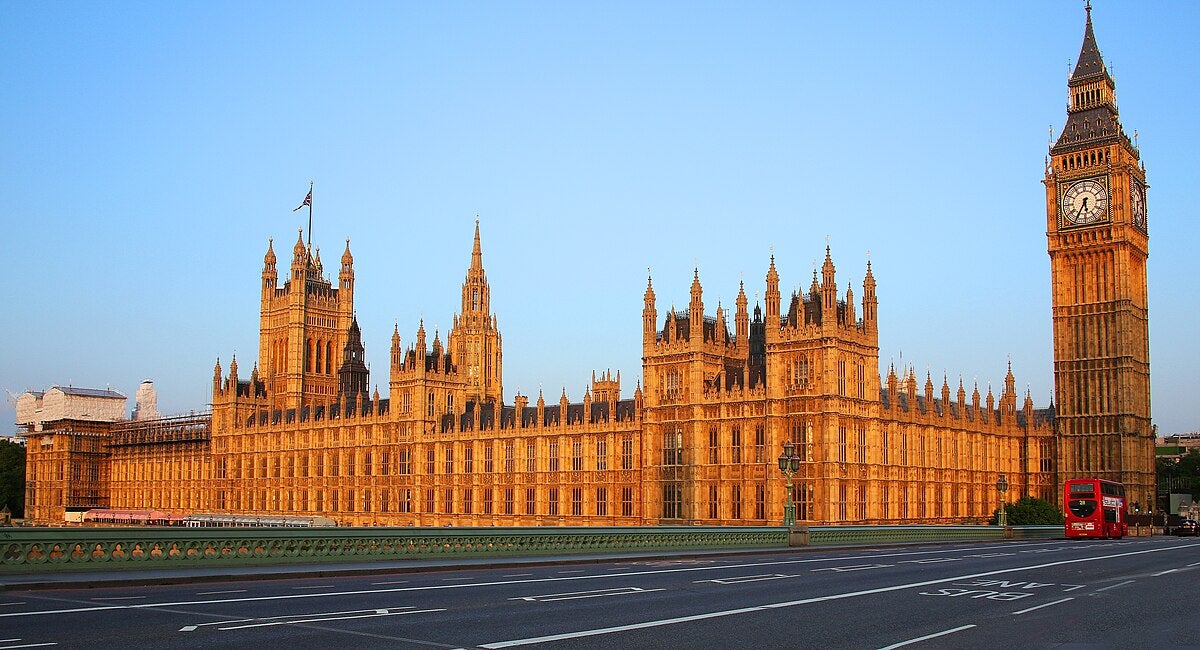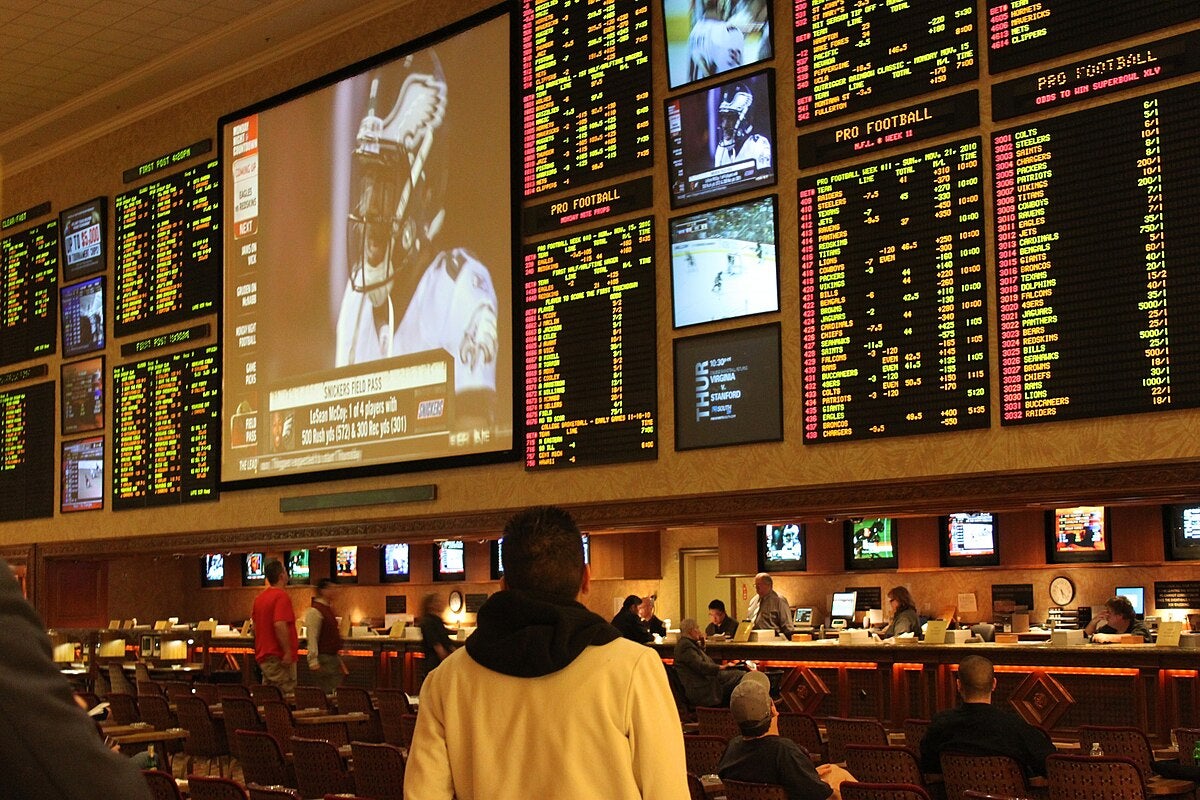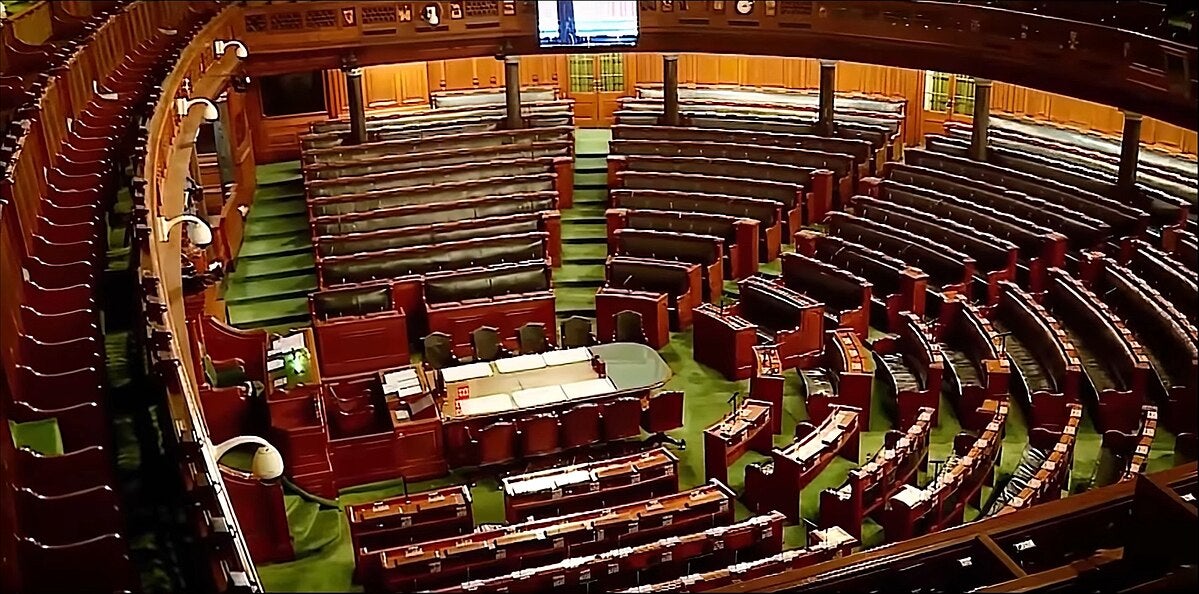Mixed Hotel Sector Results
Jeju Dream Tower’s record performance coincided with a mixed hospitality performance. The resort welcomed 56,691 visitors, a 10% monthly and 65.4% annual increase, surpassing the 51,515 guest-peak of June. While hotel revenue rose 15.4% month-on-month to KRW7.88 billion (US$5.9 million), it remained 14.8% below July 2024 levels.
Year-to-date accommodation earnings fell 10.7% to KRW43.8 billion (US$32.8 million) through July, compared to KRW49.1 billion (US$36.7 million) in the first seven months of 2024. The contrast highlights the property’s focus on a gaming-driven model, with table games accounting for 96% of July’s casino revenue, while non-gaming areas struggle to match similar highs.
Revenue Signals Sustained Growth
The casino operations in Jeju Dream Tower remained strong through July 2025, with year-to-date revenue hitting KRW238 billion (US$178.1 million), a 49.3% annual increase. Table games were in the lead, generating KRW226.2 billion (US$169.2 million), a 51.4% YoY growth. Meanwhile, machine games contributed KRW11.78 billion (US$8.8 million), an 18.4% YoY increase.
Table game chip exchanges surged 93.4% YoY to KRW240.6 billion (US$173 million), alongside KRW33.6 billion (US$24.2 million) in machine drops, totaling KRW274.2 billion (US$198 million) for the month. The year-to-date figure surpassed KRW1.26 trillion, up 52.9% from 2024.
Proper Scale and Reputation
Jeju Dream Tower is Jeju Island’s tallest structure, standing 169 meters and 38 floors high. The resort houses 14 dining venues, a retail complex, and leisure amenities like dual spas and a panoramic skydeck. The casino, operational since 2021, spans 5,000+ m2 with 141 tables, 190 slots, and 71 electronic stations, making it Jeju’s largest gaming floor.
The casino is one of three active foreigner-only gambling destinations under Jeju’s seven-license framework. Its infrastructure supports record visitation through diversified services.


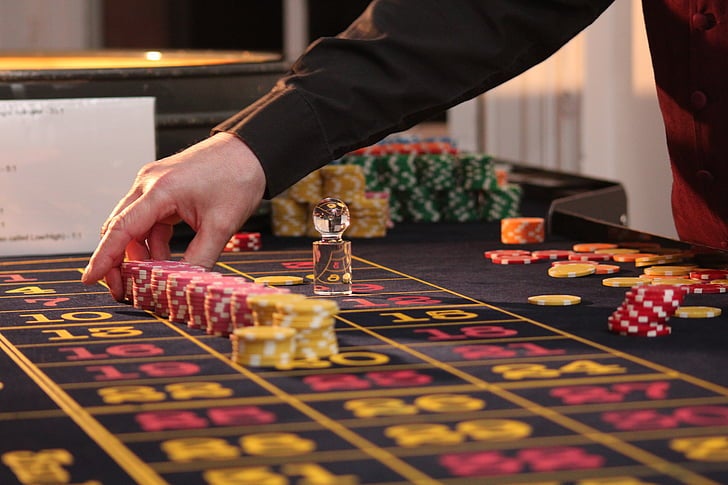


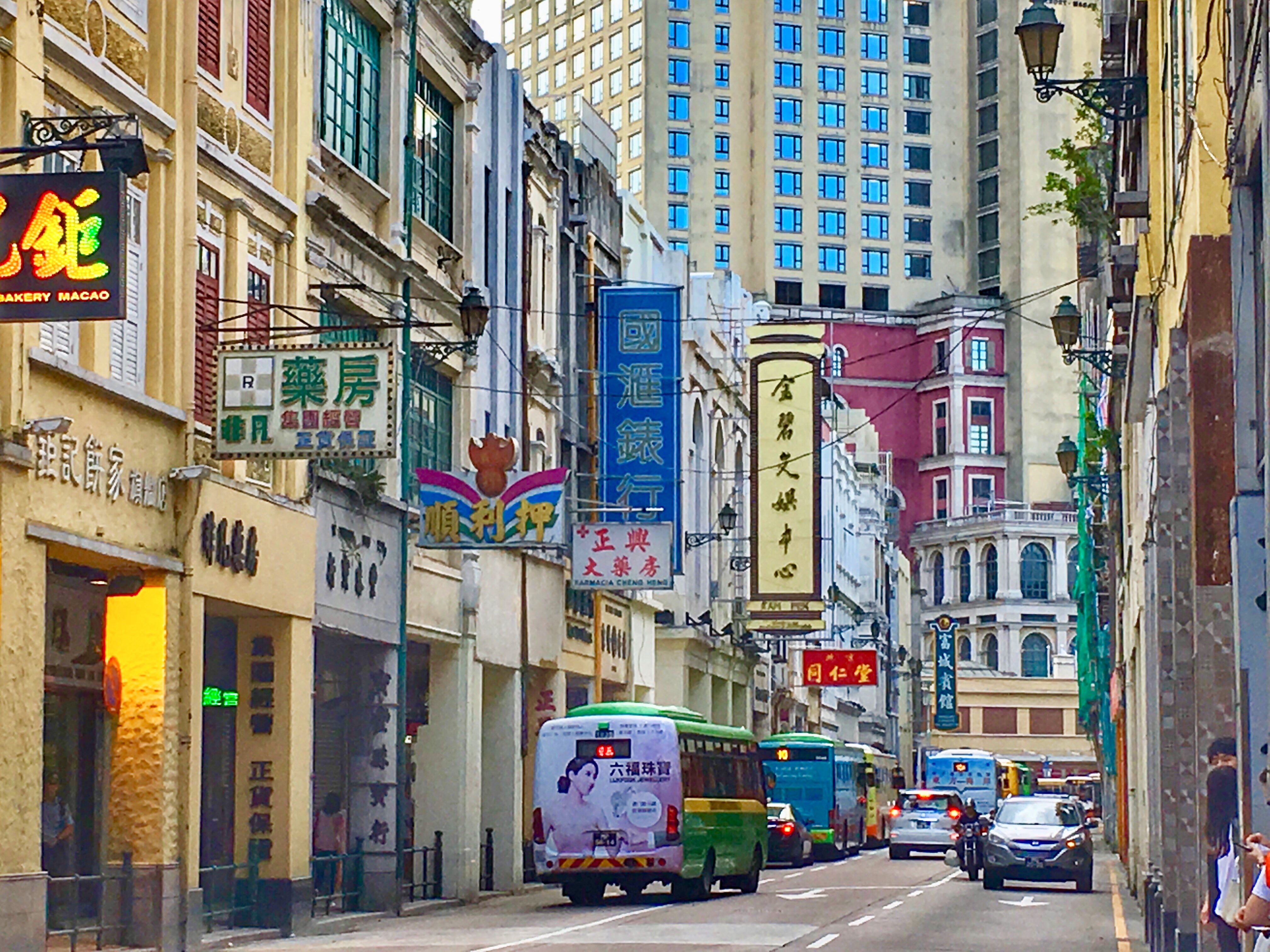
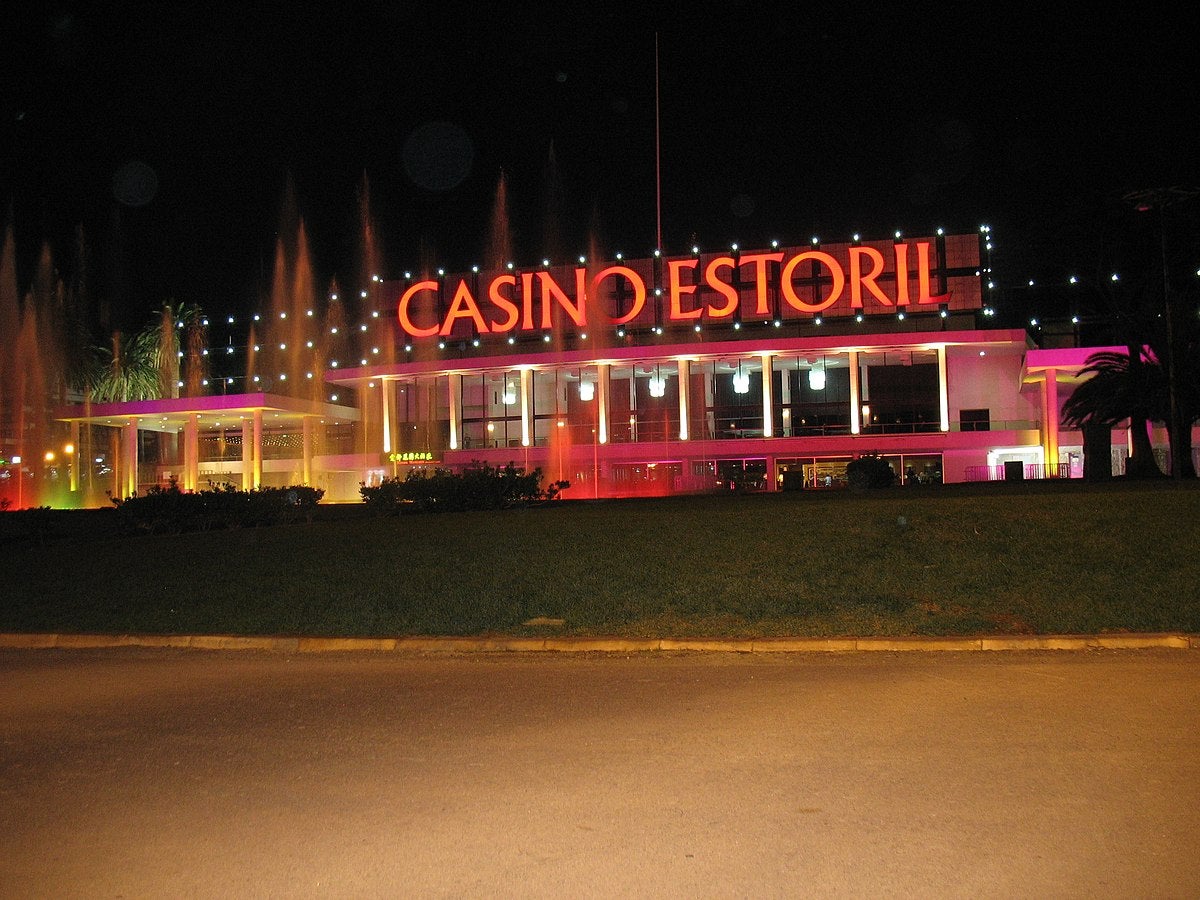


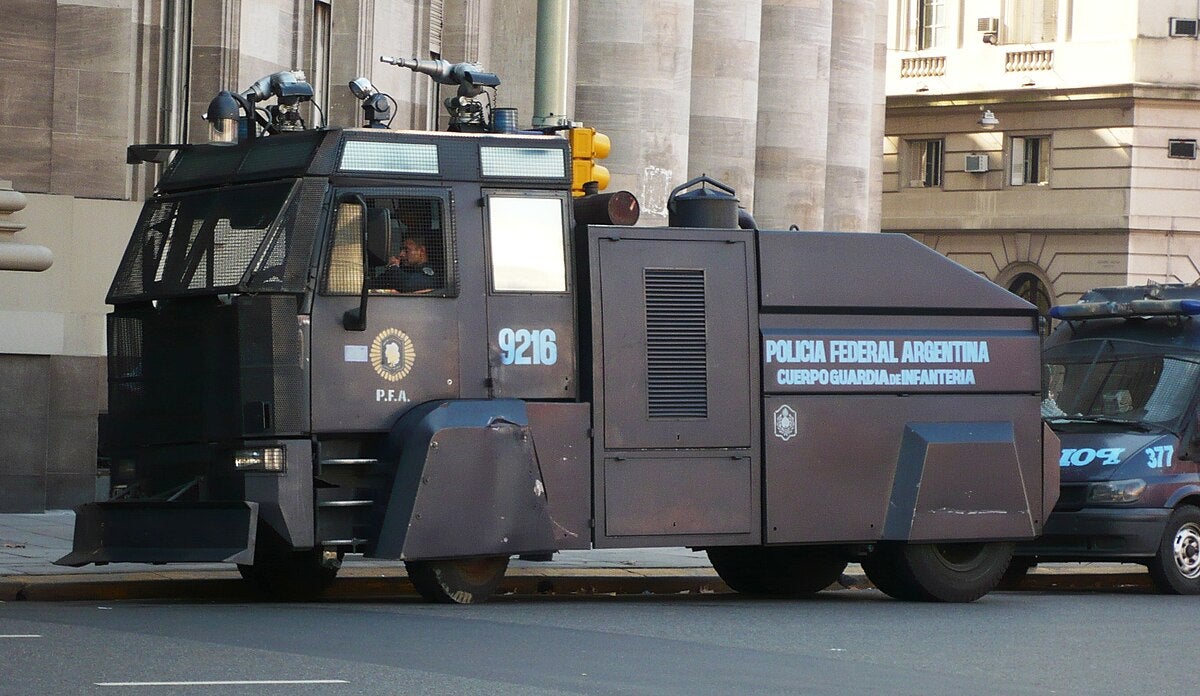
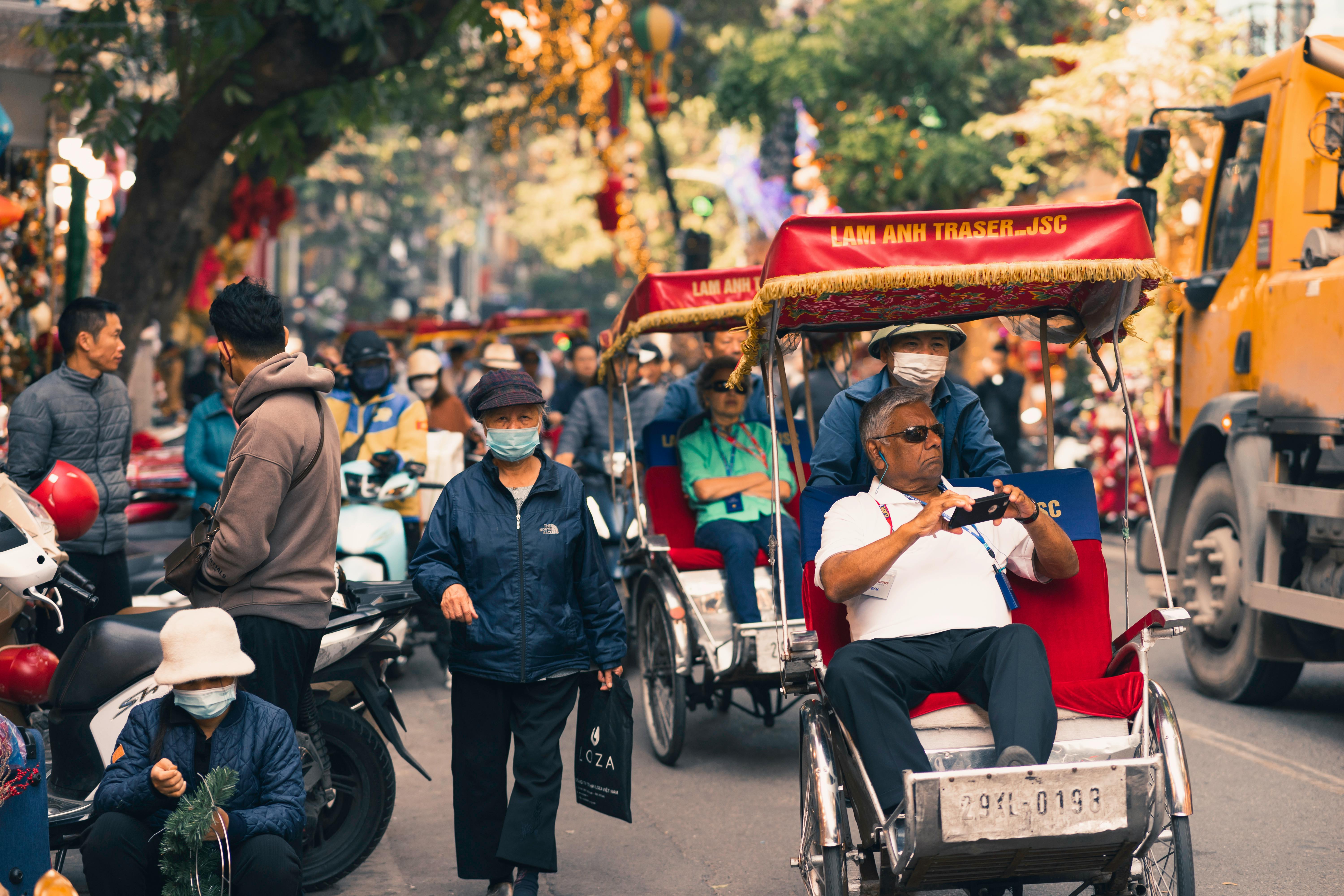
.jpg)
